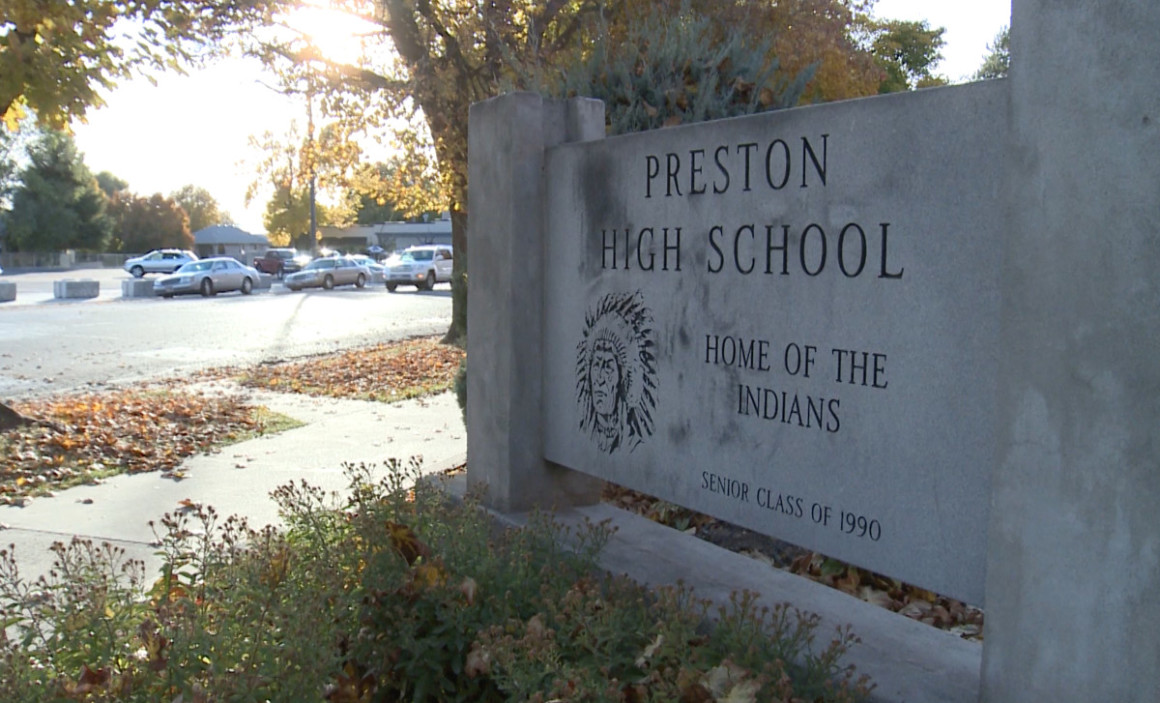 When we launched our “Rescheduled Education” series a week ago, we had hoped it would start a conversation about the growing trend of four-day education in Idaho.
When we launched our “Rescheduled Education” series a week ago, we had hoped it would start a conversation about the growing trend of four-day education in Idaho.
That conversation has been passionate but respectful. We have heard from dozens of readers with strong feelings about four-day schools — supporters and skeptics alike.
“Even if we received more state money, I don’t think we would consider going back to a five-day week,” said Brian Esplin, a trustee in the Firth School District, which uses a four-day calendar.
 “My kids attend a charter school in Kootenai County and have a four-day school week. They love it. We love it. It might not be a great fit for every district and every student, but in this scenario it works,” said Taryn Thompson, whose children attend the North Idaho STEM charter school in Rathdrum.
“My kids attend a charter school in Kootenai County and have a four-day school week. They love it. We love it. It might not be a great fit for every district and every student, but in this scenario it works,” said Taryn Thompson, whose children attend the North Idaho STEM charter school in Rathdrum.
“Definitely not a fan of experimenting with Idaho’s children!” said Tiffany Harris Jenkins, a special education teacher from Driggs. “Instead of this approach, let’s put pressure on Idaho’s elected officials and require that they fund education and put Idaho’s children first!”
One exchange focused on college readiness, a key question surrounding all of Idaho education. Boise resident Sue Lovelace followed up on a data point from the second day of the four-day schools series — SAT scores that lagged well below the College Board’s college readiness benchmark.
“Why aren’t these schools able to prepare these students to be ready for college? Maybe part of the problem is the limited number of days they go to school each year. If I lived in one of these towns, I’d want to know the answer to that.”
In response, Cambridge High School teacher Jodie Lanting Mink pointed to the school’s recent numbers: Nine students graduated in 2015, and seven have continued their education.
As I researched the series, I was surprised at how Idaho’s four-day school phenomenon has gone virtually unnoticed. One prominent education stakeholder — no stranger to Statehouse education meetings — was flabbergasted when I mentioned that Idaho now has 43 four-day districts, a number that quadrupled with the onset of the Great Recession.

The misunderstandings about four-day schools extended to policy. During an interview, Idaho Education Association President Penni Cyr said the four-day calendar would affect teacher pensions, since vesting in the Public Retirement System of Idaho hinged on contract days. PERSI said this wasn’t the case. When I followed up with IEA spokesman Dave Harbison, he said the four-day schedule does not affect teacher pensions.
“It is fair to say that there have been concerns raised by teachers in districts that have gone from a five-day schedule to a four-day schedule, but PERSI has worked directly with those individuals and it appears that any issues have been satisfactorily resolved,” he said.

As we joined forces with Idaho Public Television on this series, one theme emerged. The number of students in four-day schools has proliferated over the past few years — but state officials have done little to try to determine whether the change is helping or hindering student growth. That point wasn’t lost on Steve Smylie, a Boise teacher and former state legislator, who narrowly lost in the 2006 GOP primary for state schools superintendent.
“It troubles me that so much of ‘education reform’ is fly-by-the-seat-of-your-pants experimentation,” he said. “So often, we confuse gimmicks with actual progress.”
Not everyone was happy with our series. Some commenters decried the lack of hard data about academic performance in the four-day schools.
I share that concern. As a journalist, I had hoped to answer the most important question surrounding four-day schools: the effect (if any) on student achievement. It was frustrating to find no data that would fully answer this question — and a paucity of national research on the four-day calendar. If that frustrates me as a reporter, it certainly helps me understand the dilemma facing school administrators, who have to consider the merits of a four-day schedule in a research vacuum.
A few commenters criticized the tone of the series. “I feel as though there was a bias against the four-day school week for whatever reason prior to the writing of this series,” said Michelle Peterson, a Mackay teacher I interviewed for the project.
We went into this series with no agenda, except to try to take a deep, thoughtful look at a dramatic change in the education delivery model. We tried to look at every aspect of the debate — from academics to finances to community impacts — as carefully and fairly as we could.
We believed, and believe, these issues merit serious discussion.
During our trip to Preston — to talk to people on both sides of the district’s recent four-day schools decision — Idaho Public TV producer Seth Ogilvie and I were struck by the tone of the debate. Everyone we interviewed had strong opinions about the four-day calendar, which was upheld Wednesday. The tone of the discussion was unfailingly civil.
We have hosted a similar conversation over the past week. I hope it continues.
